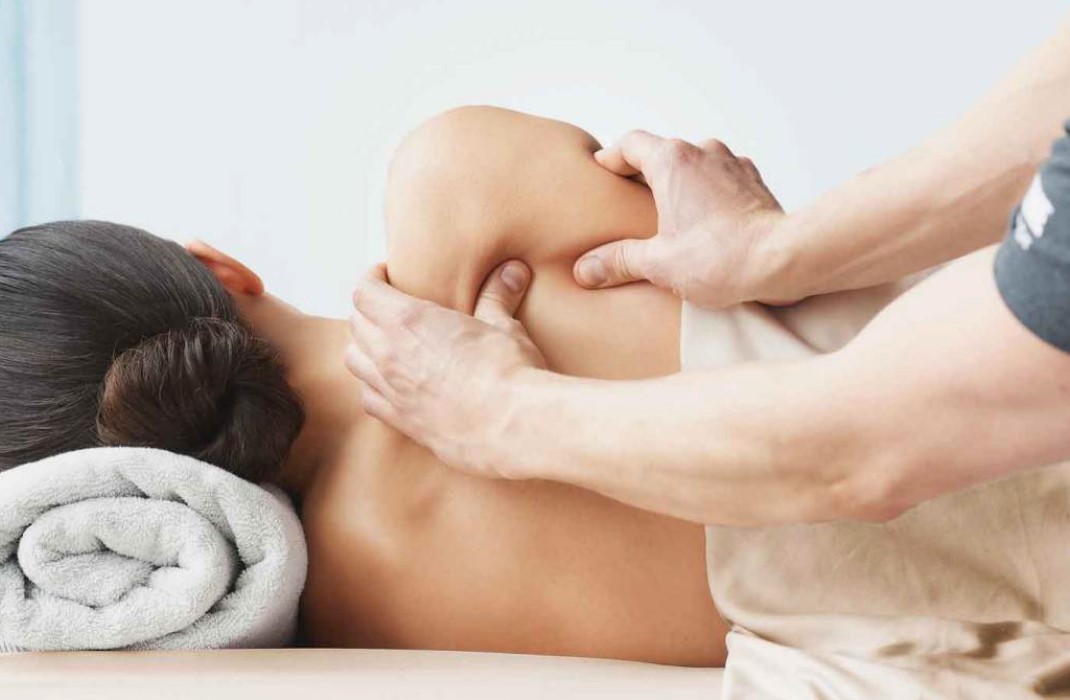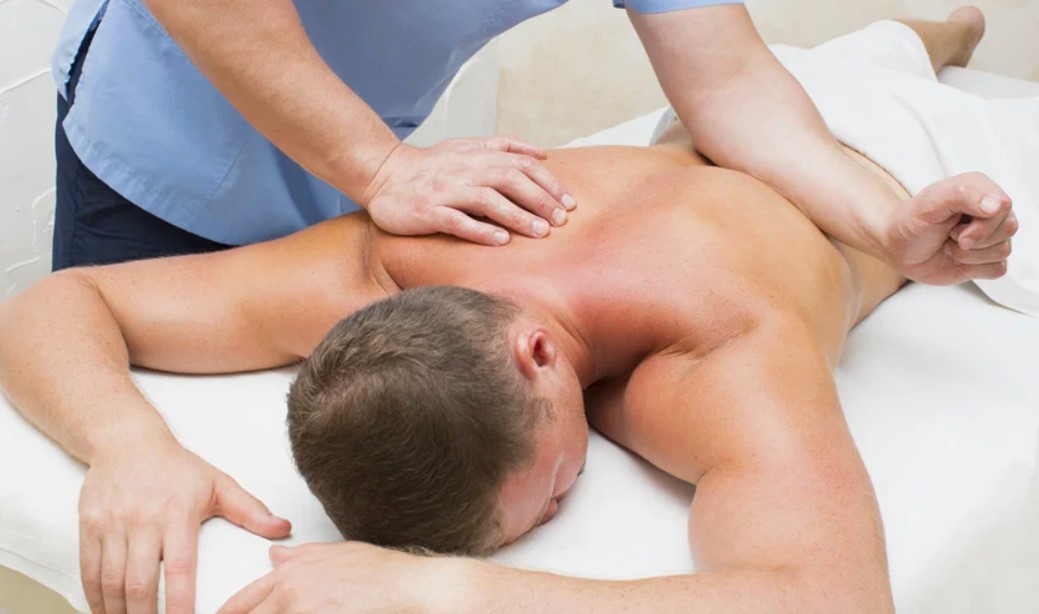Introduction: The Growing Demand for Deep Muscle Relief
As the importance of muscle recovery and stress management grows, people are exploring various massage options to meet their needs. Deep muscle relief, essential for athletes and individuals with chronic muscle tension, often involves targeted pressure to release tight areas and promote circulation. In Dubai and across the UAE, consumers are increasingly weighing the benefits of investing in massage chairs versus seeking the expertise of professional massage therapists.
This article examines both options, offering insights into their effectiveness for deep muscle relief, their role in wellness routines, and the contexts in which one might be preferable over the other.
How Massage Chairs Provide Deep Muscle Relief
Massage chairs offer convenient and consistent access to therapy without the need to schedule appointments. These devices feature automated programs targeting different areas of the body, often using rollers and airbags to replicate massage techniques like kneading, tapping, and shiatsu. Advanced models come equipped with heat functions and zero-gravity settings to enhance muscle relaxation.
For individuals with busy schedules or those looking to relax at home, massage chairs provide an efficient solution. However, their pre-set programs can sometimes limit personalization, especially for individuals requiring specific attention to problem areas. Moreover, while these devices are effective in reducing general muscle stiffness, they may not achieve the nuanced pressure adjustments needed for complex muscle issues.

The Expertise of Professional Therapists
Professional massage therapists bring hands-on expertise that goes beyond what automated systems can offer. Trained therapists can assess muscle tension, tailor their techniques to individual needs, and adjust pressure levels in real time. This personalized approach makes professional therapy especially effective for individuals dealing with chronic pain, sports injuries, or specific muscle imbalances.
Professional therapists also incorporate a variety of techniques, such as deep tissue massage, trigger point therapy, and myofascial release, which are challenging for automated devices to replicate accurately. Various establishments offer specialized services that combine deep muscle relief with other wellness treatments, providing a comprehensive experience that caters to both physical and mental well-being.
Comparing Convenience and Accessibility
Massage chairs offer unparalleled convenience by allowing users to experience massage therapy at any time. They eliminate the need to book appointments, commute to a spa, or align schedules with therapists, making them ideal for individuals with time constraints. Additionally, massage chairs require only a one-time investment, potentially offering long-term savings compared to repeated sessions with a therapist.
On the other hand, professional massage services, although less convenient, provide a more flexible approach. Therapists can respond to real-time feedback, making adjustments during a session to focus on specific pain points or address new areas of discomfort. Many spas and wellness centers in Dubai now offer mobile services, delivering the expertise of a therapist directly to clients’ homes, thereby bridging the gap between convenience and personal care.
Effectiveness for Long-Term Muscle Health
Massage chairs are beneficial for regular use, promoting relaxation, improving circulation, and preventing the buildup of muscle tension. However, their automated nature can limit their effectiveness for long-term or chronic muscle issues that require focused attention. While chairs can relieve general tightness, they may struggle to address deeper layers of muscle tissue with precision.
In contrast, professional therapists play a crucial role in maintaining long-term muscle health. Regular sessions with a therapist allow for continuous monitoring and personalized treatment plans. This ensures that any developing issues are managed proactively, preventing injuries and enhancing overall physical performance. Athletes and individuals with specific therapeutic needs may find greater value in working with a skilled therapist.
The Psychological Benefits: Chair vs. Therapist
Massage therapy is known to offer psychological benefits by reducing stress and promoting relaxation. While massage chairs provide immediate relaxation through pre-set programs, the experience can sometimes feel mechanical. Some users may miss the emotional connection that comes from human interaction, which is an important aspect of holistic wellness.
Professional therapists offer a human touch that contributes to emotional well-being. The interaction between therapist and client helps foster trust and relaxation, amplifying the psychological benefits of the session. This is particularly valuable for individuals dealing with stress or anxiety, as human connection plays a vital role in emotional health. Spas that offer personalized services, like those at a Eurospa, combine therapeutic touch with an ambiance that enhances relaxation.
Cost Considerations and Value for Money
Massage chairs involve a substantial initial investment, with high-end models ranging from AED 5,000 to AED 20,000. However, they provide unlimited access to massage therapy, making them a cost-effective option for long-term use. For individuals who use massage frequently, the cost per session can decrease significantly over time.
In comparison, professional therapy sessions typically range between AED 300 to AED 800 per session, depending on the service and the location. While this can accumulate over time, the value of personalized care and targeted relief often justifies the expense. Many wellness centers in Dubai offer package deals or membership plans that reduce the overall cost for regular clients, making professional services more accessible.

Suitability for Different User Profiles
Massage chairs are ideal for individuals looking for relaxation and regular maintenance of muscle health. They cater well to those with busy schedules or those who prefer self-care routines at home. However, they may not be suitable for individuals with complex muscle issues or chronic conditions that require specialized treatment.
Professional therapists, on the other hand, are essential for those with specific therapeutic needs, such as athletes recovering from injuries or individuals with chronic pain. The expertise and adaptability of a therapist provide a level of care that automated systems cannot replicate. For individuals seeking a comprehensive recovery experience, especially following physical challenges, the personalized care offered by therapists is invaluable.
Conclusion
Both massage chairs and professional therapists offer distinct benefits for deep muscle relief, making each option valuable depending on individual needs. Massage chairs provide convenience, accessibility, and long-term savings, making them ideal for regular relaxation and muscle maintenance. However, their limitations in personalization and adaptability may make them less effective for addressing complex muscle issues.
Professional therapists, with their expertise and ability to tailor treatments, remain the preferred choice for individuals with chronic conditions or those seeking focused care.
Ultimately, the choice between a massage chair and a professional therapist depends on the user’s specific needs, lifestyle, and recovery goals. Some individuals may benefit from combining both approaches, using a massage chair for routine relaxation and consulting a therapist for more targeted care when necessary.

Hiking addict, ramen eater, music blogger, Swiss design-head and screen printer. Operating at the fulcrum of design and function to craft meaningful ideas that endure. Check me out on Dribbble or Medium.